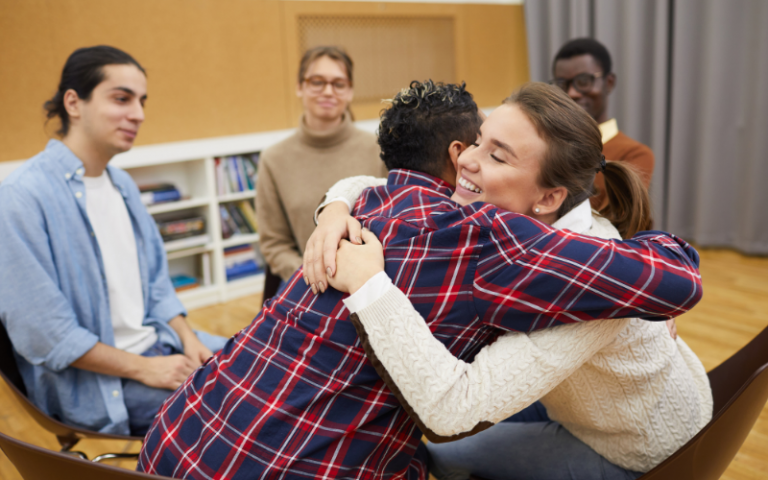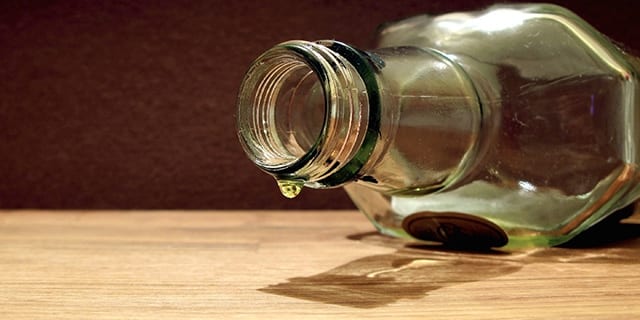As a parent, seeing your son or daughter become irritable, withdrawn, and suddenly struggle socially and academically can be heartbreaking. But do their struggles mean that they are abusing drugs? Weed is often labelled as a light and safe substance that doesn’t make you develop a physical dependence. However, no substance is safe for children to consume, and chronic use can lead to significant psychological dependence. A child’s brain is still undeveloped, and any obstruction to their normal developmental processes may harm their future health.
What Are the Effects of Weed Addiction?
It’s not uncommon for children to try weed and develop an addiction since they are inexperienced and ill-equipped to deal with the cravings and psychological dependence that come with this substance. Studies by the World Health Organisation suggest that around 9% of boys and 8% of girls had tried weed by the time they were 15, and data by the NHS suggests 88% of adolescent drug misuse cases are tied to the use of weed.
Anxiety around their social status in group settings, peer pressure, desire to rebel against rules and parents, and many misleading narratives about the safety of weed can all push many teens and even children to try smoking or otherwise ingesting THC. While there are many CBD-infused drinks, meals and snacks worldwide, any THC-inclusive product is as dangerous as clear marijuana.
Let us take you on a side stroll through the chemistry of Cannabis plants and discuss the difference between the two main cannabinoids in the plants. Cannabidiol (CBD) and Tetrahydrocannabinol (THC) are both cannabinoids in cannabis plants. Their structures are similar, and both can help treat similar conditions (as discussed in countries where Cannabis is approved for some medicinal purposes). However, THC can cause an elevated feeling when used (a ‘high’), while CBD cannot.
Even if it doesn’t develop a strong physical dependence, the powerful psychological influence of weed can make children addicted. In much the same way alcohol is legal but shouldn’t be consumed by people below 18, the recent trend of weed legalisation shouldn’t leave people with the impression that it’s safe to consume. Although medical professionals can prescribe marijuana to treat chronic conditions like arthritis and Parkinson’s, current research is far from conclusive on its safety.
Research from Oxford professor Andrea Cipriani suggests smoking weed as a teenager can increase the risk of developing depression in adulthood by up to 37% and, in some cases, can triple the risk of suicide into adulthood. Furthermore, some limited clinical trials suggest a connection between chronic weed usage with the development of several mental health disorders, like anxiety, some depressive disorders and bipolar. The dangers are multiplied if used by children since their brain is still growing and developing. Other than long-term mental health issues, weed can lead to severe psychological dependence. On average, 9% of children and adolescents consuming weed develop a powerful psychological addiction, with a higher percentage having lighter but still severe cases of addiction.
Finally, chronic use of weed can normalise drug usage and serve as a gateway drug toward even more dangerous substances. Statistics by the National Epidemiological Study of Alcohol Use and Related Disorders suggest that early exposure to weed can lead to a higher risk of alcohol use disorder. The research is inconclusive, but it’s dangerous to keep in mind. Recognising the side effects of weed addiction is essential, so you can effectively determine if your child is suffering from any symptoms.
Psychological effects of weed
- Symptoms of depression
- A sudden drop in motivation and apathy
- Restlessness, higher sensitivity to stress and anxiety
- Forgetfulness and impaired short-term memory
- More prone to agitation, frustration, and irritability
- Distorted awareness and perception of time
- Emotional instability and mood swings
- Brain fog and inability to focus
- Intense cravings for weed
- Paranoia and excessive defensiveness
Physical side effects of weed
- Bloodshot and watery eyes
- Dry mouth
- Delayed reactions
- Issues with coordination and balance
- Lethargy and lack of energy
- Dishevelled and disorderly physical appearance
- Visible signs of experiencing withdrawal symptoms
Symptoms of weed can also be seen if you notice sudden behavioural changes in your child in front of your family and friends. Stories of dangerous and careless behaviour, vagueness about their whereabouts outside of the home, sudden drop in academic performance, and abandonment of hobbies and interests they were previously passionate about can all suggest a weed addiction in your child.

How Can Weed Addiction in Children Be Treated?
If your son or daughter has developed a Cannabis addiction, it’s strongly advised to seek professional medical help. Rehabilitation and recovery from weed addiction can be part of an inpatient or outpatient setting, depending on the severity of the case, personal preferences, and your budget. Enrolling on a rehabilitation programme shows the highest chance of long-term recovery from weed addiction due to its evidence-based and holistic approach.
A private rehab centre will involve a comprehensive assessment so your child gets a personalised treatment plan, carefully supervised withdrawal management if necessary, and various therapeutic tools, like individual, group and family therapy, to discover and manage the underlying causes of addiction treat any other co-occurring conditions.
Treating weed addiction in children requires a careful and holistic approach that involves professional medical help and rebuilding and strengthening the child-parent relationship. Depending on the severity of the addiction, marijuana addiction treatment can occur in an inpatient or outpatient setting. A teen drug rehab specialist can conduct a thorough assessment, develop an individualised treatment plan and determine if other co-occurring disorders are present. Teenagers can participate in individual, group and family therapy in addition to aftercare planning and maintenance to prevent relapse.

What Can We Do to Help the Process?
You and your spouse can take individual measures to help your son or daughter recover. First and foremost, it’s essential to recognise that blame, shaming, and punitive measures are ineffective ways to approach the issue.
It’s important to consider that your child is probably as frightened and anxious as you are about their weed addiction, if not more. Gently sharing your concerns and the adverse side effects on their health can make them understand what’s at stake without paralysing them with fear. Make them trust you, believe in working with you on healing, and not be scared and ashamed. Furthermore, an approach that seeks to understand their issues, comfort them after sharing their insecurities and fears, and treats them with empathy and compassion will help them to open up about what led them to the addiction in the beginning and allow you to effectively help them during their recovery.







